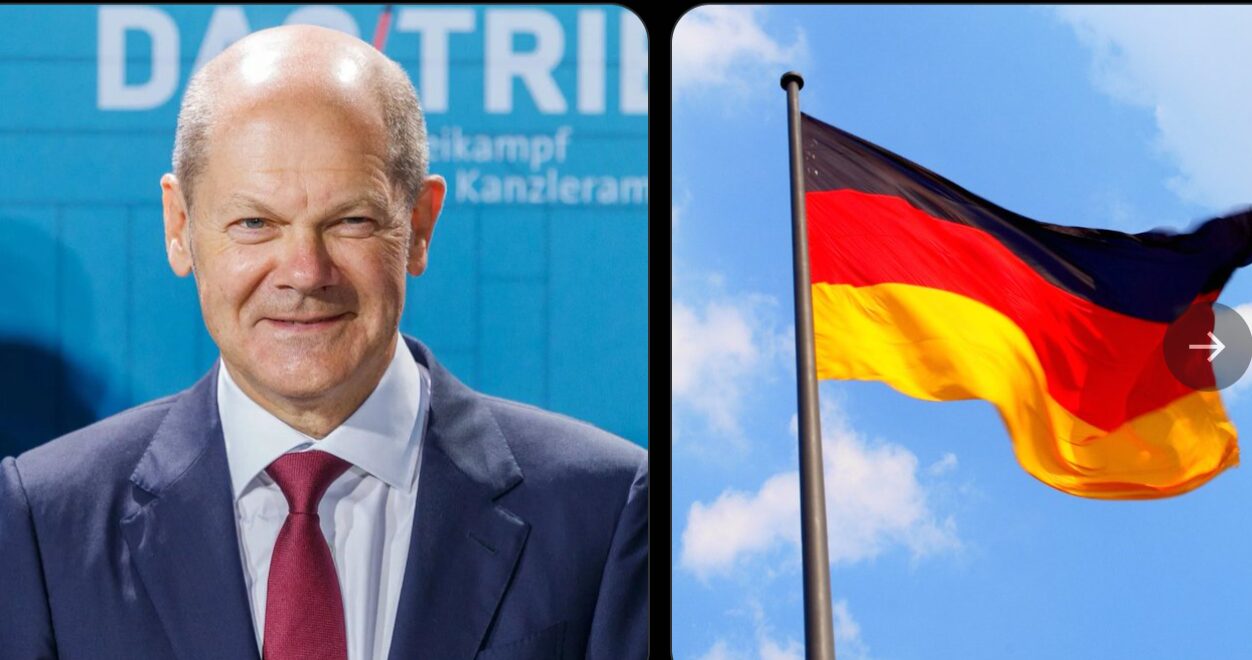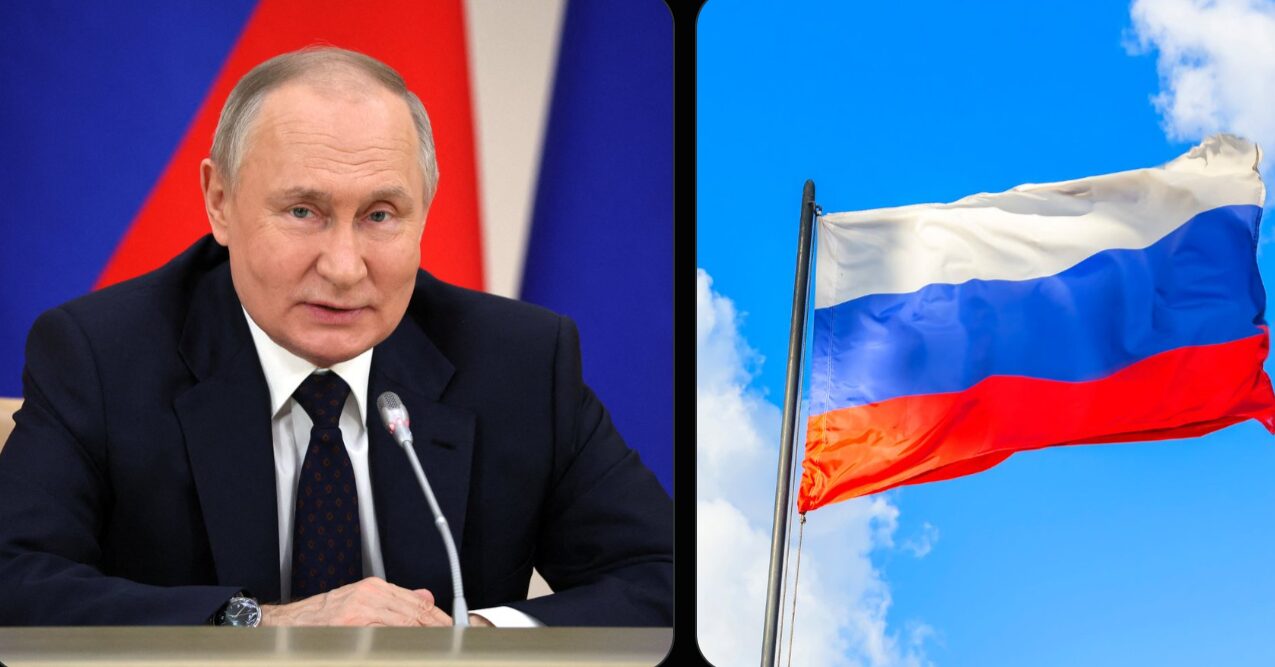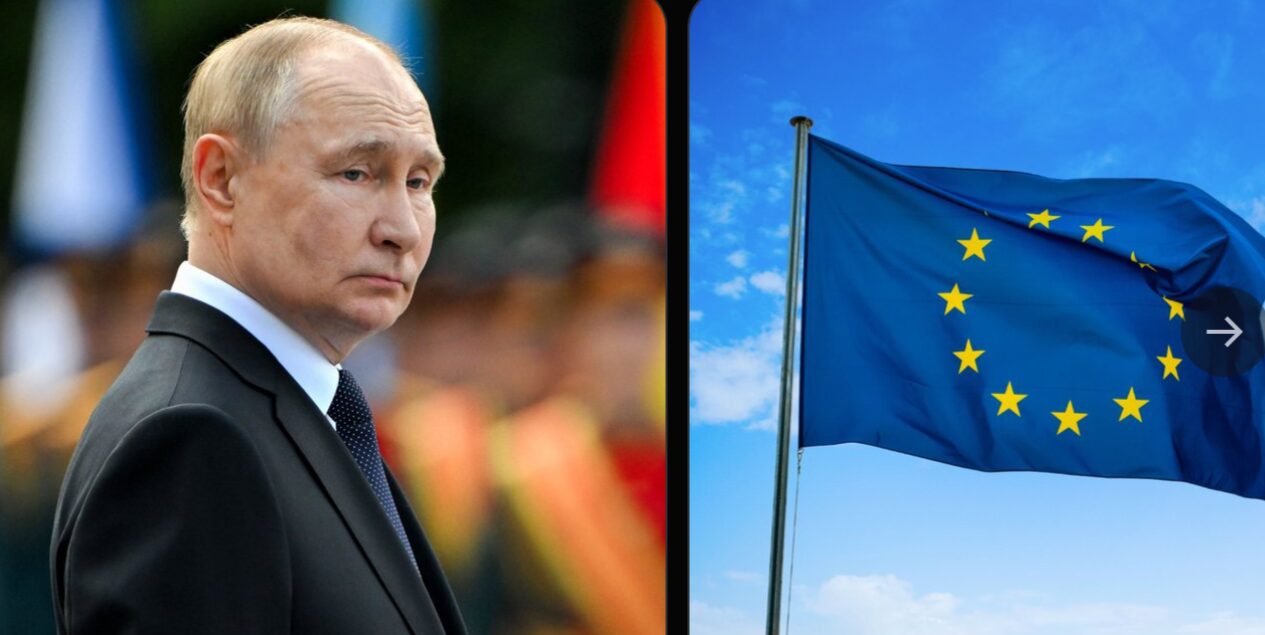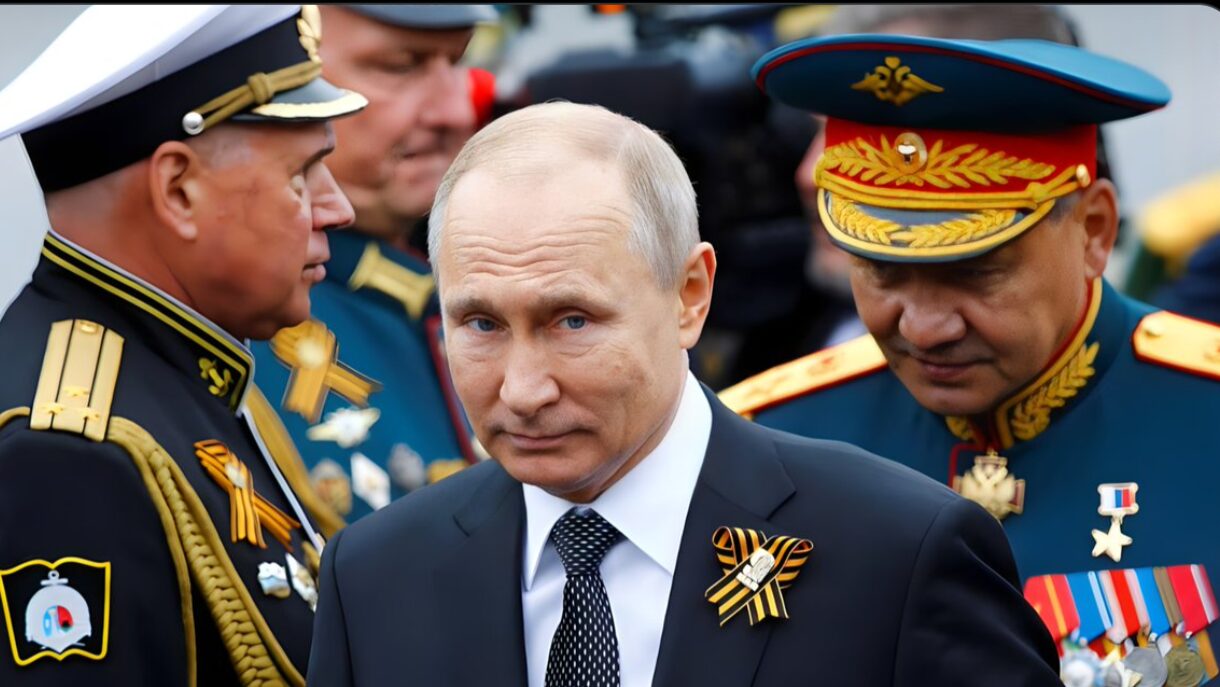ANTI-GOVERNMENT protests have swept GERMANY in response to ENERGY PRICE HIKES & the country’s support for UKRAINE
Anti-Government Protests Sweep Germany in Response to Energy Price Hikes and Support for Ukraine: A Deepening Crisis of Public Discontent
In recent weeks, Germany has been gripped by widespread anti-government protests, with citizens taking to the streets in cities across the country to voice their frustration over rising energy prices and the government’s ongoing support for Ukraine in its war with Russia. The protests have become a focal point for growing discontent over economic hardships, fueled by skyrocketing energy bills and the perceived strain of Germany’s political stance on the international stage.
As Europe’s largest economy, Germany has been at the forefront of international efforts to support Ukraine against Russian aggression. However, the consequences of this support, coupled with rising living costs and economic pressures at home, have sparked a wave of protests that are challenging the authority of Chancellor Olaf Scholz’s government. These demonstrations not only reflect the deepening economic woes of ordinary Germans but also highlight the growing rift between citizens and political elites over Germany’s foreign policy priorities and the management of domestic economic challenges.
The Spark of Discontent: Energy Price Hikes
The driving force behind the protests is largely economic. Since the outbreak of the Russia-Ukraine war in February 2022, energy prices across Europe have surged to unprecedented levels. As Germany depends heavily on imported natural gas, much of which previously came from Russia, the disruption of energy supplies due to sanctions and the war’s impact on global energy markets has led to an energy crisis in the country.
To cope with this crisis, the German government has imposed measures aimed at reducing reliance on Russian energy, including securing alternative sources of gas and ramping up renewable energy investments. However, these solutions have not been quick enough to alleviate the pain felt by consumers. The cost of electricity, heating, and fuel has soared, hitting households hard, especially during the colder months of the year. Many families have found themselves struggling to pay their energy bills, with some even facing the threat of disconnection due to unpaid debts.
The surge in energy prices has been particularly challenging for Germany’s working and middle classes, whose disposable income has been eroded by these increasing costs. As a result, frustration has reached a boiling point, culminating in protests organized by various grassroots movements and political groups. Protesters are demanding that the government take immediate action to curb energy price hikes, implement price caps, and provide more direct relief to struggling citizens.
The Government’s Response: Balancing Energy Security and Public Anger
Chancellor Olaf Scholz’s government has faced significant criticism for its handling of the energy crisis. While the government has implemented subsidies and temporary financial relief packages for households and businesses, many protesters argue that these measures are insufficient and fail to address the root causes of the crisis. The public sentiment is that Germany is prioritizing international obligations over the needs of its citizens.
The government’s response to the protests has been one of cautious pragmatism. While acknowledging the challenges posed by rising energy costs, Scholz has defended the country’s energy policies, arguing that Germany’s transition away from Russian energy is crucial for long-term security and independence. The government has also made efforts to accelerate investments in renewable energy and energy efficiency, with the aim of reducing reliance on imported fossil fuels in the future.
However, critics of the government point to a lack of immediate, tangible relief for the population, especially those who are most vulnerable. The cost-of-living crisis, exacerbated by inflation, has left many feeling that their needs are being sidelined in favor of broader geopolitical goals.
The Ukraine Factor: Foreign Policy and Domestic Unrest
Another key issue driving the protests is Germany’s unwavering support for Ukraine in the ongoing war with Russia. Since the early days of the conflict, Germany has committed significant resources to aiding Ukraine, including financial support, military assistance, and sanctions against Russia. While this stance aligns with Germany’s commitment to the European Union and NATO, it has become a point of contention for many Germans who feel that their government’s foreign policy priorities are contributing to their economic suffering.
For a significant portion of the population, the costs of supporting Ukraine—both financially and politically—are seen as too high. The perceived diversion of resources to Ukraine, including financial aid and military supplies, has fueled accusations that the government is neglecting the needs of its own citizens. Some protesters argue that Germany should prioritize its own economic stability and address the needs of its people before continuing to invest heavily in Ukraine’s defense.
The issue is further compounded by the ongoing energy crisis, as sanctions on Russia and the disruption of energy supplies have had a direct impact on German households. Many citizens view the government’s support for Ukraine as contributing to the very economic challenges they are facing, making it a rallying point for the protests.
The Scope and Impact of the Protests
The anti-government protests in Germany have spread across multiple cities, including Berlin, Hamburg, Munich, and Frankfurt. Demonstrators have taken to the streets in large numbers, waving flags, chanting slogans, and calling for change. The protests have been largely peaceful, although some have been met with a heavy police presence.
What began as small gatherings of frustrated citizens has now evolved into a broader movement, attracting a wide range of political groups, including far-right factions, left-wing activists, and independent citizens. The protests have become a platform for expressing dissatisfaction with both domestic policies and Germany’s foreign policy direction. The discontent is not limited to energy prices and Ukraine; many protesters are also voicing broader concerns about social inequality, inflation, and the cost of living.
The protests have forced the government to confront the growing public disillusionment with its policies. Scholz and other government officials have made public appeals for calm and have promised to take action to address the energy crisis, but they have also reaffirmed their commitment to supporting Ukraine. The government’s challenge will be to find a balance between meeting the immediate needs of the population and maintaining its foreign policy priorities, which it views as crucial for Germany’s long-term security and its position on the world stage.
The Broader European Context
Germany is not alone in facing protests over energy prices and economic hardship. Throughout Europe, countries like France, Italy, and the United Kingdom have also seen protests related to rising living costs, particularly in the wake of the Ukraine conflict. The energy crisis has become a defining issue for many European governments, as they attempt to balance domestic pressures with their commitments to support Ukraine and manage energy security.
The growing unrest in Germany, however, is particularly significant due to the country’s economic size and political influence within the European Union. As Germany grapples with this crisis, it may find itself at a crossroads, with the government needing to reassess its approach to energy policy, foreign policy, and domestic welfare in order to maintain public trust and stability.
Looking Ahead: The Road to Resolution
As the protests in Germany continue, the government faces increasing pressure to address both the immediate economic concerns of its citizens and the longer-term strategic goals associated with its support for Ukraine. The road ahead is fraught with challenges, as any decision made will likely alienate some segments of the population while attempting to address the grievances of others.
Germany’s ability to balance these competing demands will be crucial in determining the future of its government and the stability of its democracy. The unfolding protests are a stark reminder that domestic economic issues cannot be ignored in the pursuit of foreign policy goals, and that the voices of ordinary citizens must be heard as their nation navigates a complex and volatile international landscape.

















Post Comment